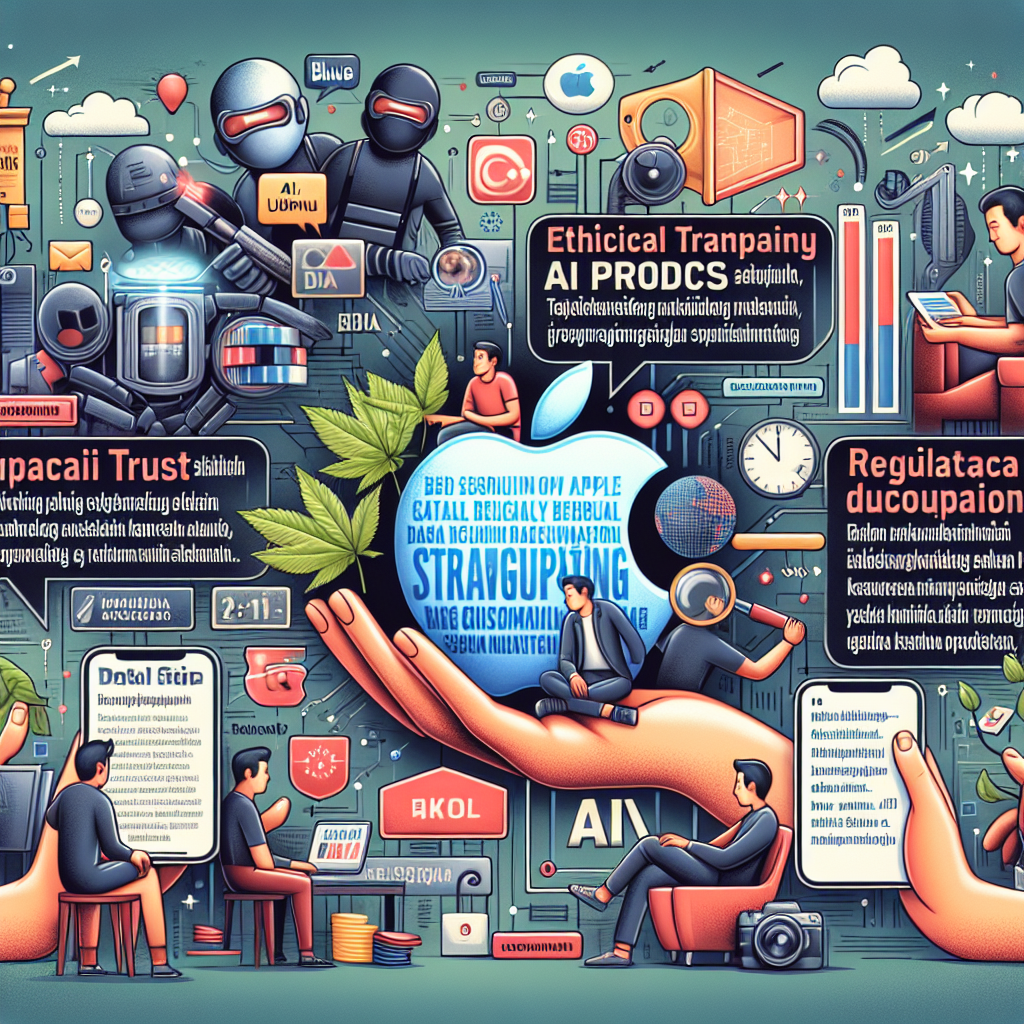“Bluesky and Apple’s AI Dilemmas: Navigating Ethics, Privacy, and Innovation”

“`html
Bluesky and AI Ethics: Navigating the Challenges
If you’ve ever faced a data privacy dilemma on a social media platform, you’re not alone. Recently, Bluesky—a budding social media platform—found itself at the center of a heated conversation about data usage and AI ethics. A dataset containing one million public posts was scraped and uploaded to Hugging Face, kicking off an ethical firestorm. Let’s dive into the what, why, and how of this Bluesky controversy.
Why Did This Happen?
The scraped dataset was uploaded to facilitate AI research by exploring publicly available posts. However, the action raised eyebrows across the tech and user community. Here’s what went down:
- Without Consent: User consent was not sought before scraping the posts, leading to accusations of data misuse.
- Swift Retraction: Intense backlash from users and privacy advocates prompted Daniel van Strien, the uploader, to remove the dataset and issue an apology.
- Ongoing Issue: In the wake of this incident, even larger, non-anonymized datasets containing nearly 300 million Bluesky posts have reportedly been created, amplifying privacy concerns.
Lessons to Learn from Bluesky
- Transparency is Key: Users must be informed about how their public content might be used, especially in research settings.
- Consent Goes a Long Way: Platforms and researchers should prioritize obtaining user consent and adhering to ethical standards.
- Data Privacy Matters: Even public data isn’t free for the taking—clear boundaries and regulations are crucial for AI development.
Apple’s Challenge in Adapting Baidu’s AI for China’s iPhones
Apple finds itself in a tough spot navigating AI integration in one of its most valuable markets: China. The company is facing significant challenges in utilizing Baidu’s AI model, Ernie 4.0, for iPhone users. But why is this tech giant struggling?
Complications Along the Way
- Technical Limitations: Adapting Baidu’s Ernie 4.0 to function seamlessly on iOS devices has proven difficult, with issues cropping up in understanding user prompts and delivering accurate responses.
- Privacy Clash: Apple’s stringent user privacy policies that prevent data collection conflict with Baidu’s data-intensive AI model training methodologies.
- Regulatory Barriers: China’s strict data localization laws add another layer of complexity, forcing Apple to adjust without compromising its global privacy stance.
The Competitive Stakes
With delays in rolling out AI features tailored to the Chinese market, Apple risks losing its competitive edge to local brands. Meeting these technical and regulatory challenges head-on will be critical for Apple’s future in China.
The Broader Implications for AI and Big Tech
These cases—Bluesky’s public data scraping and Apple’s AI adaptation issues—underline a universal truth: AI development is as much a technical challenge as it is a moral and regulatory one. User trust, ethical transparency, and regulatory compliance will define the success of AI-driven products in this increasingly conscious digital age.
What Can We, As Users, Do?
- Advocate for clear privacy policies and demand transparency in how our data is utilized.
- Support companies with ethical AI practices by making informed choices about where and how we engage online.
- Engage in the conversation to shape the future of responsible AI development.
Quick Takeaways
- Bluesky emphasizes the need for ethical data scraping practices in AI research.
- Apple’s challenge in China highlights the interplay between tech innovation, privacy, and compliance.
- Both stories underline the growing importance of user-centric and transparent AI solutions.
Technology isn’t just tools and innovation—it’s about who we want to be as a society. Whether you’re a tech enthusiast, developer, or simply an end-user, your voice matters in shaping the digital future.
#AIResearch #DataEthics #Bluesky #ResponsibleAI #BaiduErnie4 #AppleChinaChallenges #DigitalPrivacy #TechInnovation #UserConsent #AIRegulations
“`